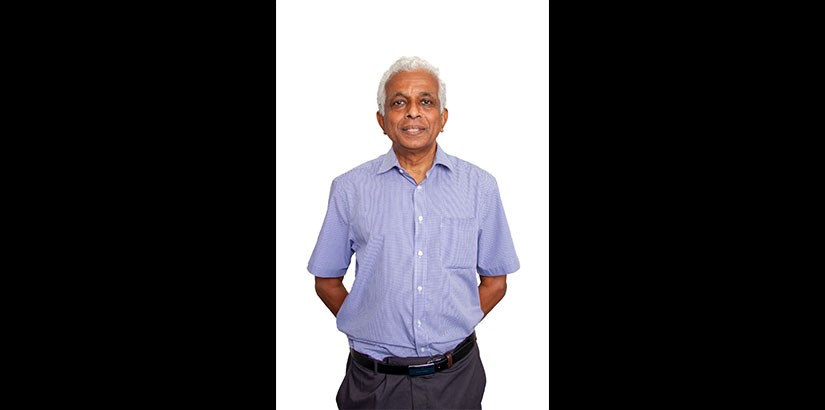2020
18 MayThe Surge in E Learning Puts Pressures On Nation’s Internet
By Professor Dr. Kurunathan A/L Ratnavelu
- Director of Institute of Computer Sciences & Information Sciences, UCSI University
- Fellow, Academy of Sciences Malaysia.
The COVID-19 pandemic has inevitably affected the higher education for both public and private universities. Not as damaging as the tourism and other economic sectors, but nonetheless disruptive where e-learning seems to be the best option when the Movement Control Order (MCO) came into force on 18 March 2020.
Fortunately, most universities in the country were already making inroads on the online practice since the early 2000s.
In a press report on April 1st, most Malaysian broadband providers believed their internet service has performed well, even with an increase of 30% usage in the first two weeks of MCO. This may be true in the Klang Valley where there is easy connectivity, but not for other parts of the country.
Some researchers have claimed that Malaysia’s internet infrastructure is under intense pressure due to the MCO and they expect it to be under intense strain as the digital deployment rises.
As the nation prepares to fully embrace the digital economy, broadband is no longer a luxury but a necessity and it is no exaggeration to invest more in it. We should emulate countries such as South Korea, China and others which prioritise the investment in broadband as a prerequisite for nation building.
In April 2020 analytics reported by SPEEDTEST, the Global Index showed Malaysia’s ranking increased by 1 for fixed broadband to 38 in comparison to April 2019. However, during the same period, it dropped 5 places for mobile phone speeds to 98. This should be a concern. On a study by SPEEDTEST covering cities and states in Malaysia for Q3-Q4 2019 - Selangor had the fastest fixed broadband in Malaysia with 91.83 Mbps for download, 57.89 for upload and 14ms for latency. In Johor (ranked 5th in the list; Kuala Lumpur is ranked 2nd, followed closely by Negeri Sembilan and Putrajaya) the speed falls to 66.93 Mpbs, 39.66 Mbps and 28ms respectively.
Higher education is an important contributor to the economy. One estimate puts the annual income to the country from higher education as exceeding RM40 billion or more. In the growing era of digital learning, a reliable internet infrastructure is crucial.
The Government’s commitment to inject RM600 million for free mobile data is a welcome move as it is vital to give easy access to all Malaysians. As schools expand their online engagement, the pressure will be even more. Hopefully the promised roll out of 5G will provide the much-needed tonic.







